From Soviet Repression to Spiritual Renewal

Relaxing on the porch at the end of Christian Artist Camp in Latvia.
As the 1980s came to a close, Latvia’s discontent with Soviet rule grew stronger, leading to significant anti-Soviet demonstrations. By May 4, 1990, Latvia declared its intent to restore independence, and by August 21, 1991, it had achieved full sovereignty. This marked the beginning of a new era, not only for Latvia as a nation but also for the Latvian church, which had survived decades of severe persecution and was now poised for a season of rebuilding.
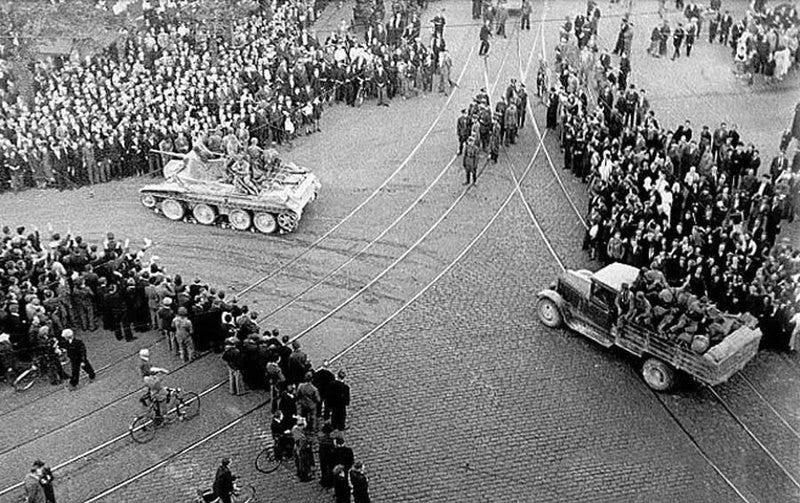
A Soviet BT Tank with a truck and troops in the center of Riga, 1940. Source: Wikipedia.
Under Soviet rule, religious freedom was heavily restricted. While Christianity was never officially banned, it was controlled and suppressed through Marxist-Leninist policies. Pastors like Almer Ludviks, who had been approached by the KGB to spy on their congregations, were now tasked with the challenge of leading their people into a new chapter of freedom. This was a time of healing, growth, and revival.
Within weeks of the October Revolution, the People’s Commissariat for Enlightenment was created to eliminate religion from school curriculums. Churches and monasteries were destroyed or repurposed, and their properties seized. Thousands of clergy were murdered, and propaganda units like the League of the Godless were formed.
The Soviets initially believed that depriving the church of power would lead to the decline of religion. When this didn’t happen, they intensified their efforts. During Stalin’s purges of 1936-37, tens of thousands of clergy were executed. Under Khrushchev, teaching religion to children became illegal. From 1917 to the 1980s, as religion persisted, the Soviets sought increasingly harsh methods to suppress it. However, the Soviet attempt to extinguish Christianity ultimately failed, as all efforts to do so will.
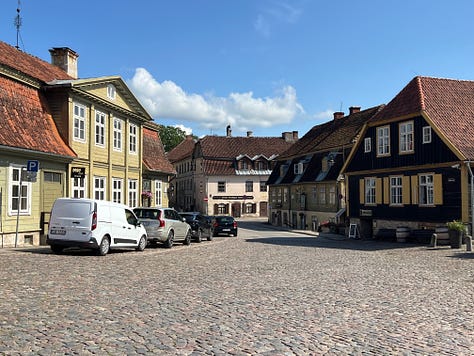

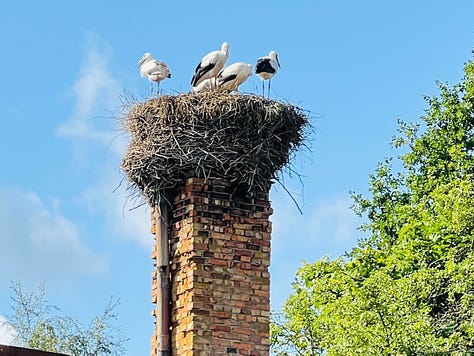
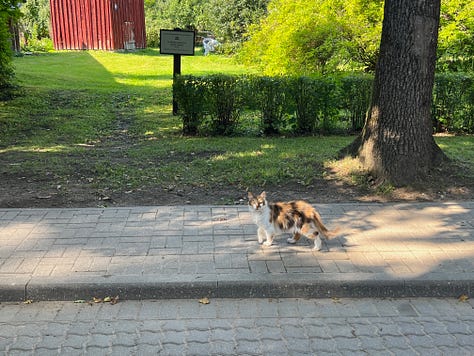
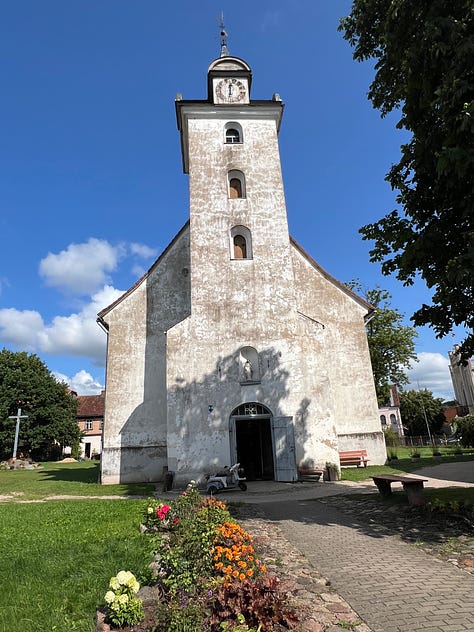
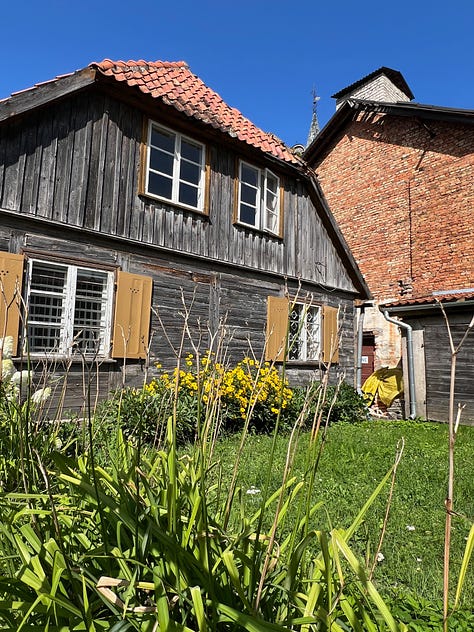
The story of Pastor Ephriam Smits’ father is only one of many examples of how Latvian Christians refused to abandon their faith even in the face of intense persecution. His unwavering dedication serves as a testament to the endurance of faith even under the harshest conditions. His ability to endure provides an inspiring narrative of hope and resilience in Latvia’s Christian community.
Note: To read more of this story, check out Part 1.
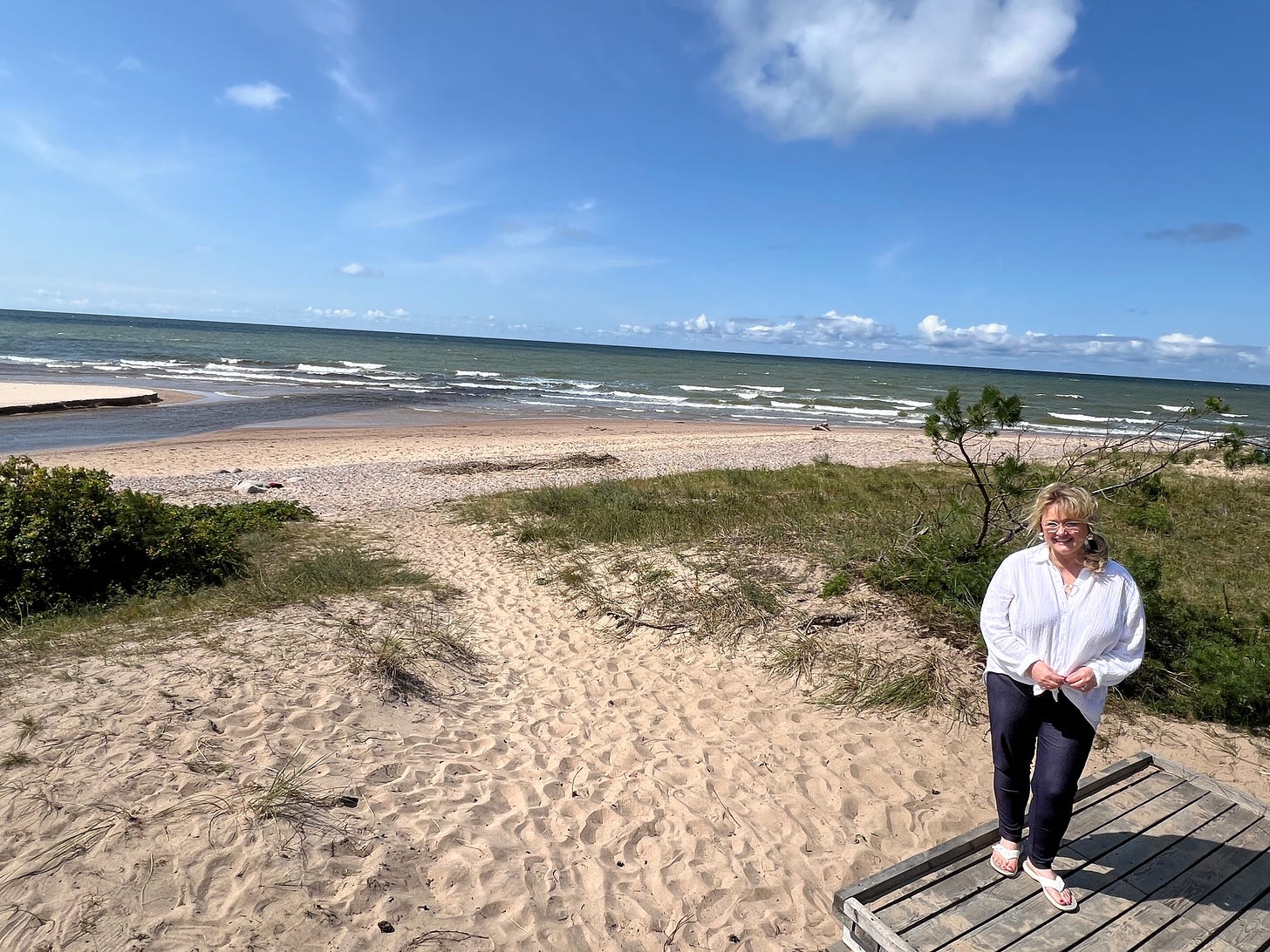
At the Baltic Sea
Today, the Latvian church is slowly rebuilding. The older generation, who lived through persecution, remain pillars of faith, while the younger generation, who were raised in an atheistic culture, are rediscovering their spiritual heritage. Ministries like BridgeBuilders International, led by President Natalie Meeks and Executive Director Josh Masters, are working to support this revival, helping to equip pastors and strengthen the church.
Citation: Open Doors USA. 2023. “World Watch List 2023: The 50 Countries Where Christians Face the Most Severe Persecution.” Accessed August 29,2024 .
www.opendoorsusa.org
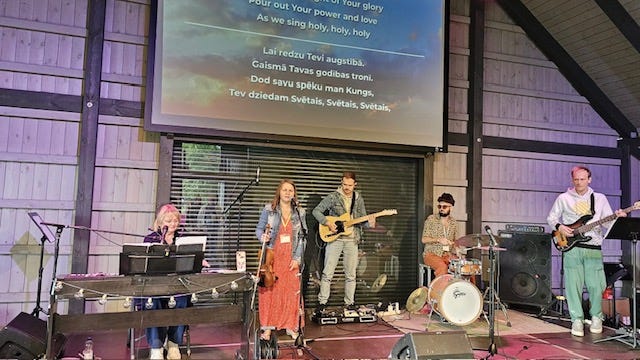
Though Christianity was never officially banned throughout the history of the Soviet Union (1917–1991), the authorities periodically suppressed and persecuted various forms of faith, with varying intensity based on state interests. Soviet Marxist-Leninist policy consistently promoted the control and suppression of religious beliefs, aiming for their eventual elimination while actively encouraging the spread of Marxist-Leninist atheism. Being approached to be secret KGB informants, pastors were pressured into spying on their congregations. Almer was approached twice in his 25 years of pastoring by the KGB to “help keep an eye” on the Christians. He said no.
The legacy of the Latvian church is one of unwavering perseverance and steadfast faith. In the face of profound adversity, they remained resolute. As James 1:12 states, “Blessed is the one who perseveres under trial because, having stood the test, that person will receive the crown of life that the Lord has promised to those who love him.” These faithful believers embodied this teaching, manifesting love, grace, and endurance amid trials. Moreover, as stated in Philippians 4:13, “I can do all things through Christ who strengthens me,” they drew strength from their faith, inspiring hope in their communities.
In the 21st century, Christian persecution has reached alarming levels, with an estimated 340 million Christians facing high levels of persecution globally, according to the 2023 World Watch List. Countries like North Korea, Afghanistan, and Somalia rank among the most dangerous for Christians. Violence, discrimination, and oppressive regimes contribute to this ongoing crisis, highlighting the urgent need for advocacy and support.
Throughout history, God has sustained Christians under persecution. The early church in the Roman Empire faced severe trials, exemplified by Polycarp, Bishop of Smyrna, who, when facing execution, declared, “Eighty-six years I have served Him.” Similarly, in recent years, Nigerian Christians have endured violent attacks but found strength in community and prayer, demonstrating unwavering faith and resilience amidst hardship.
Latvia is in the midst of a spiritual revival as the Latvian church focuses on the future. In this era of freedom, there is a great need for prayer, particularly for the young people of Latvia who may lack the vibrancy of generational faith. Revival is possible, but it requires a powerful move of the Holy Spirit and dedicated laborers to sow seeds of faith and hope.
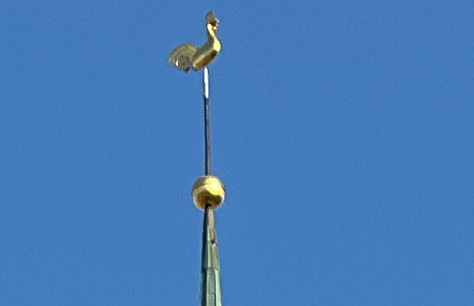
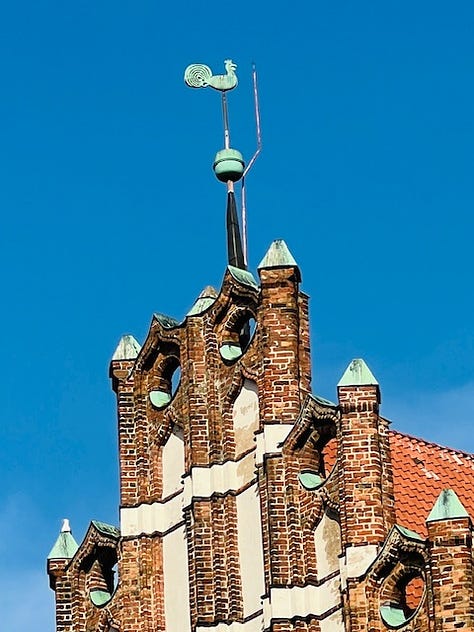
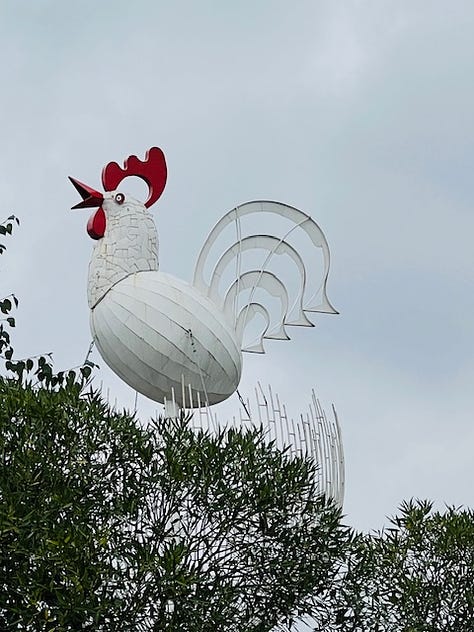
One of the enduring symbols of faith in Latvian churches is the rooster that sits atop many European Christian churches. The rooster represents Peter’s denial of Christ, but it also symbolizes vigilance. In Latvia, during the struggle for independence, the rooster took on a new significance, becoming a symbol of resilience and hope. It crowed for a nation to wake up and reclaim its faith and traditions.
The Latvian church’s legacy is one of perseverance. Even in the face of unimaginable adversity, they stood firm in their faith. As Paul wrote in Romans 12:21, “Do not be overcome by evil, but overcome evil with good.” These believers lived out that verse, demonstrating love, grace, and endurance through hardship.
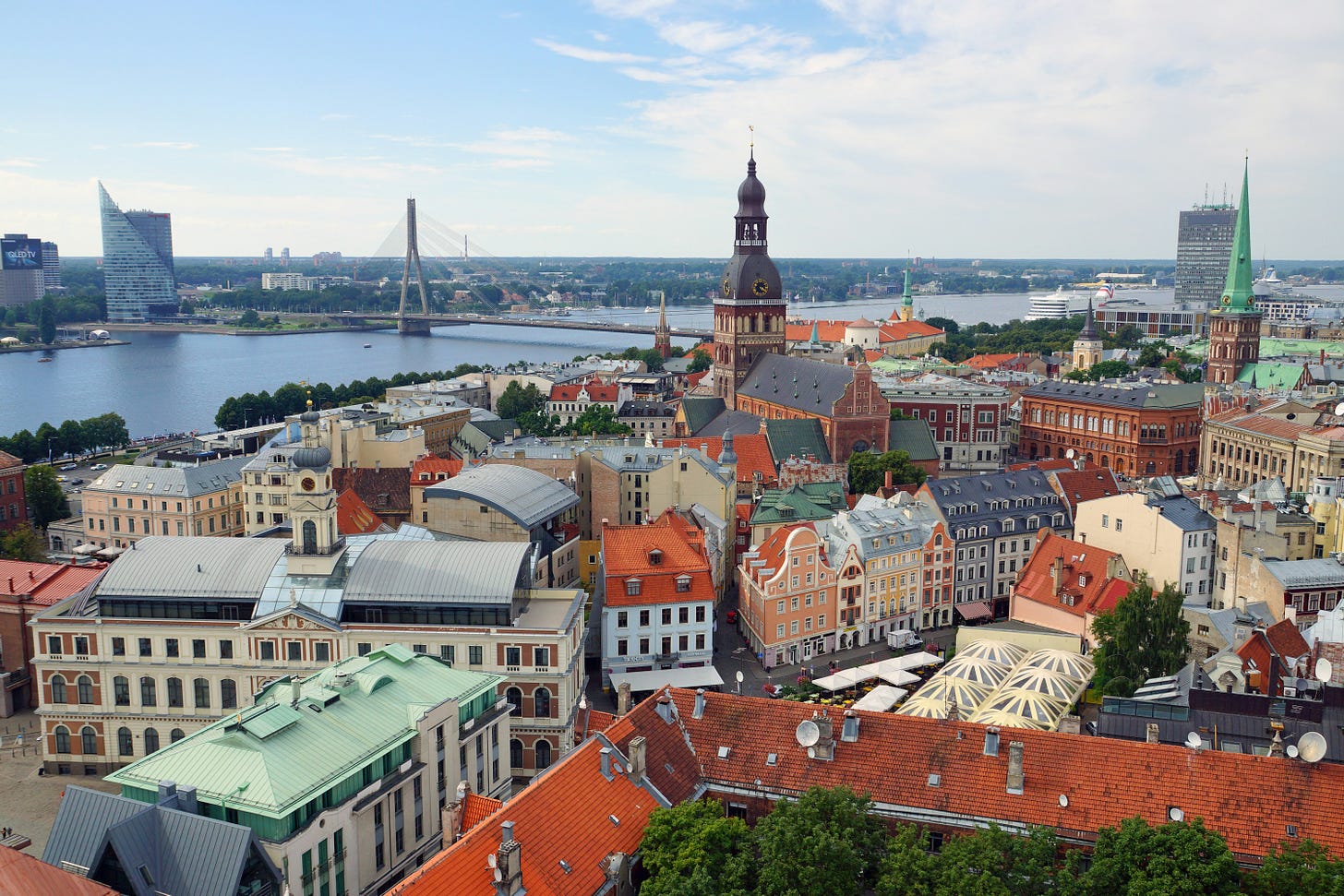
Riga, Lavia
As I reflect on my time with the Latvian Christians, I am reminded of the powerful ways God sustains His people. Their story challenges me to persevere in my own faith and never to take for granted the freedoms we have.
Please continue to pray for the Latvian church as they rebuild and for revival to sweep through the hearts of the younger generation. And as you reflect on their story, may you be inspired to live out your own faith boldly in a world that desperately needs the hope and truth of Christ.
Have you ever encountered a story of faith that challenged or strengthened your walk with Christ? How did it impact your understanding of perseverance and trust in God’s plan? I’d love to hear your thoughts and stories in the comments below!



